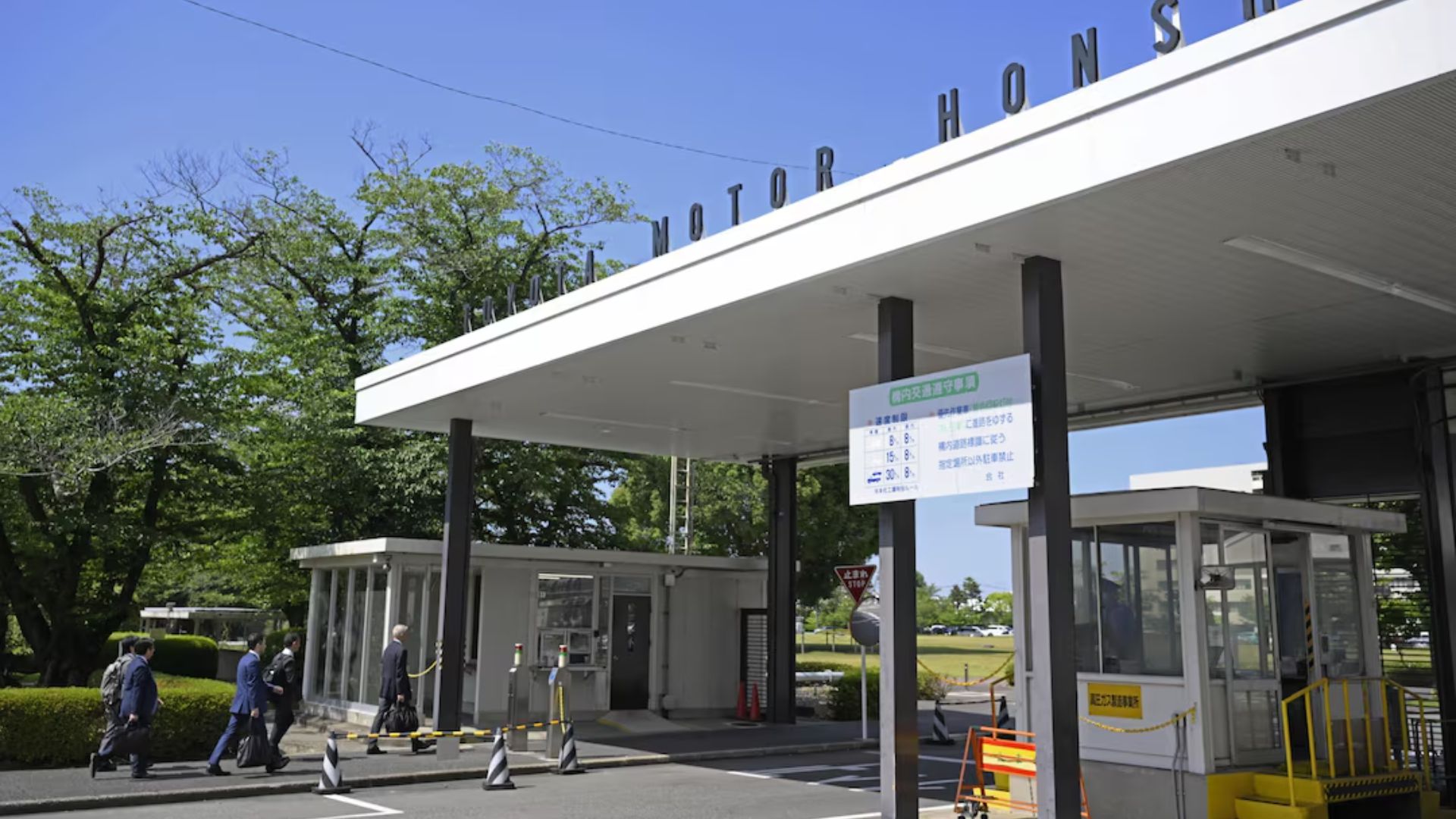TOKYO, (Reuters) – Japanese transport ministry officials launched an on-site investigation at Toyota Motor’s headquarters on Tuesday after irregularities were found in its applications to certify certain vehicle models.
The widening fallout over certification tests stems from a safety test scandal at Toyota’s Daihatsu compact car unit and has also ensnared other Japanese automakers after the ministry ordered industry-wide checks of certification practices.
Toyota, Mazda, Honda, Suzuki and Yamaha Moto said they had submitted either flawed or manipulated data when applying for certification of vehicles.
Toyota, Japan’s largest automaker, was the first to undergo an inspection which was flagged by the ministry on Monday. The other four automakers will also be inspected, a ministry official said.
While some analysts noted that Toyota will be under more pressure to strengthen governance, others said the impact on sales is likely to be limited given that it is only suspending sales of three models and so many of its domestic rivals also fell short of ministry standards.
“When it comes to actual sales in (the) Japan market, the damage will be manageable or quite small, because consumers basically have no alternatives in Japan,” said James Hong, head of mobility research at Macquarie.
Hong added that Toyota Chairman Akio Toyoda is likely to come under more pressure. Proxy advisory firms Institutional Shareholder Services and Glass Lewis have recommended shareholders vote against re-electing Toyoda at an upcoming annual general meeting. But while his approval rating could fall further, he is not expected to lose his seat.
Both Toyota and Mazda suspended sales of some models but said there were no performance issues that violated regulations and customers did not need to stop using their cars.
Examples of wrongdoing that Toyota gave included measuring collision damage on one side of a model’s hood while it was required to do so on both sides and conducting some tests under more strict conditions than those set out by the ministry but which did not meet government requirements.
Safety test scandals have previously caused production stoppages at Toyota group companies, and the latest revelations could disrupt production at subcontractors and smaller companies in Japan’s vast automotive supply chain.
That could lead to a knock-on effect on Japan’s economy, said Toshihiro Nagahama, executive chief economist at Dai-ichi Life Research Institute.
“The impact can’t be ignored,” he said, adding it could hurt Japan’s economic growth this quarter if subcontractors suffered disruptions and consumers became more hesitant to buy cars.
Shares in Toyota, Honda and Mazda have lost almost 3% since Friday’s close while Yamaha has fallen 1.3% and Suzuki’s shares are flat.
Reporting by Daniel Leussink and Maki Shiraki; Additional reporting by Kentaro Sugiyama; Editing by David Dolan and Edwina Gibbs











